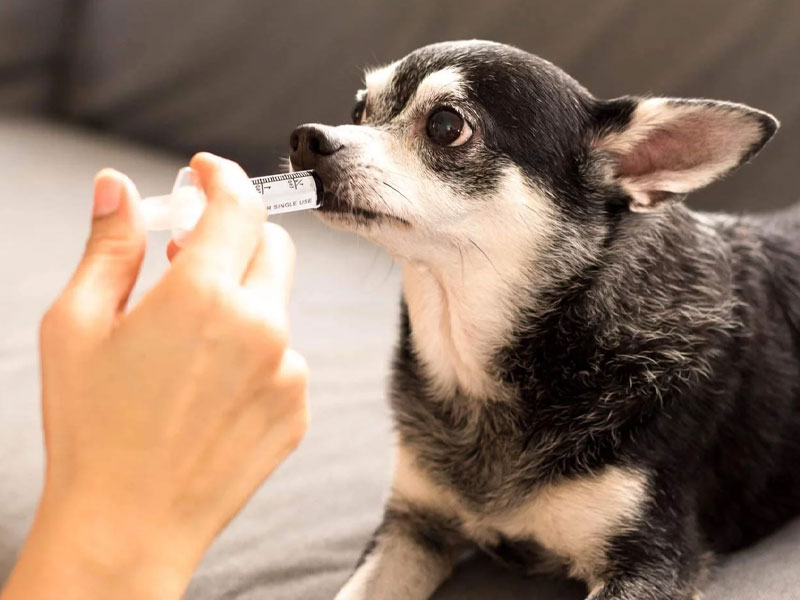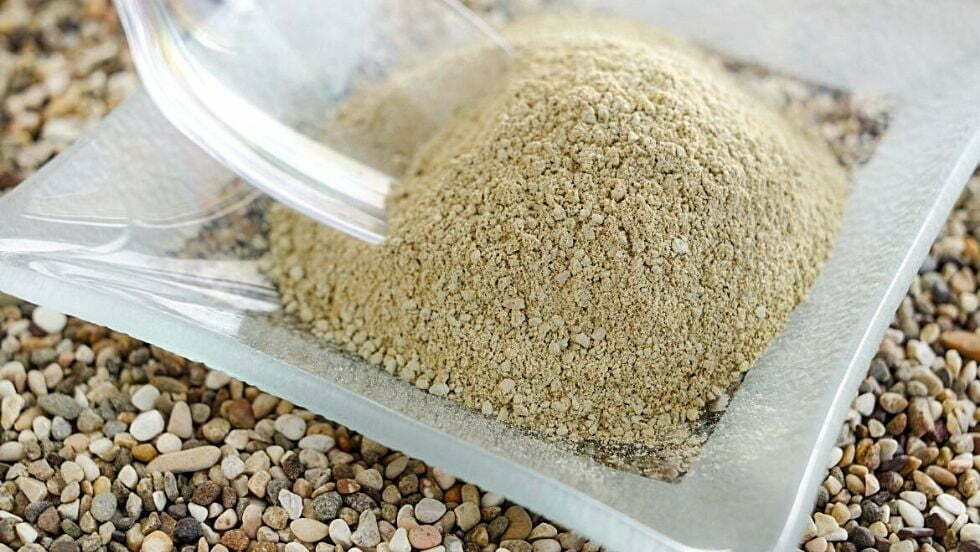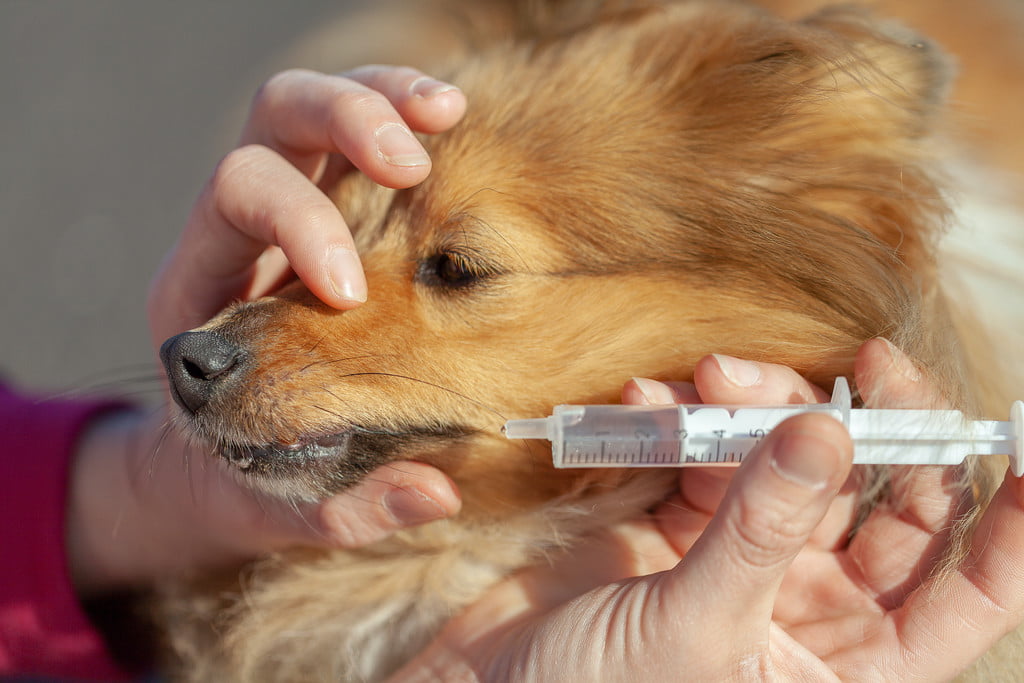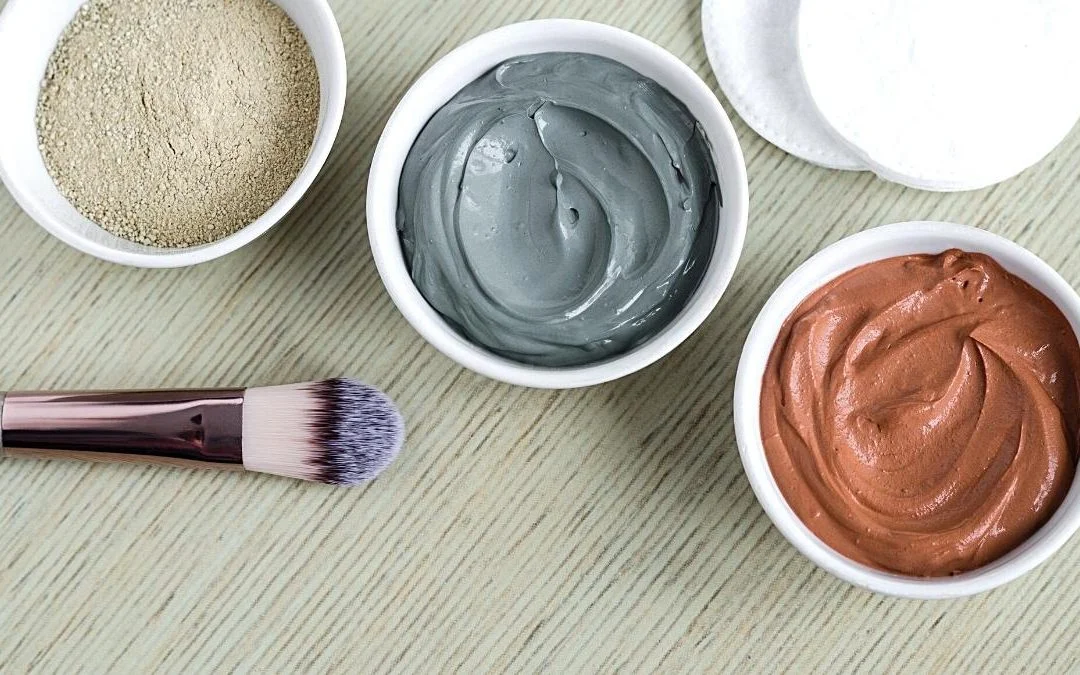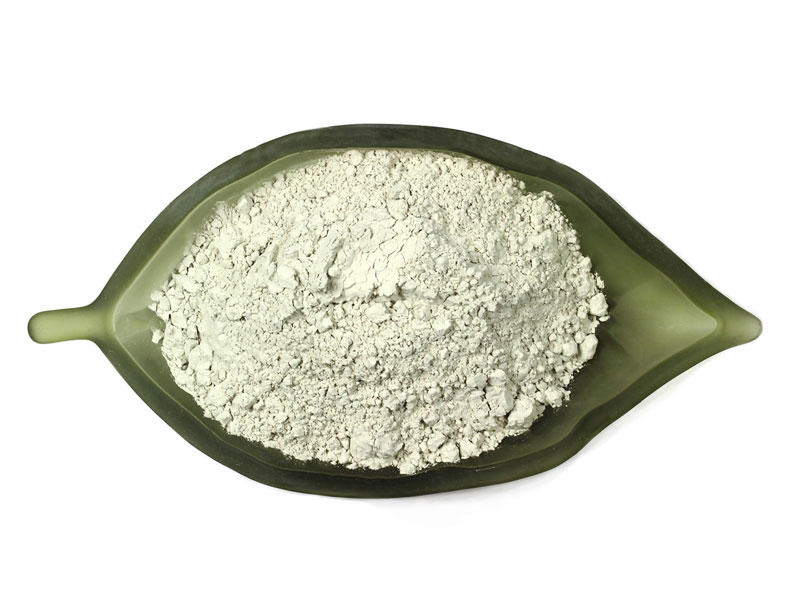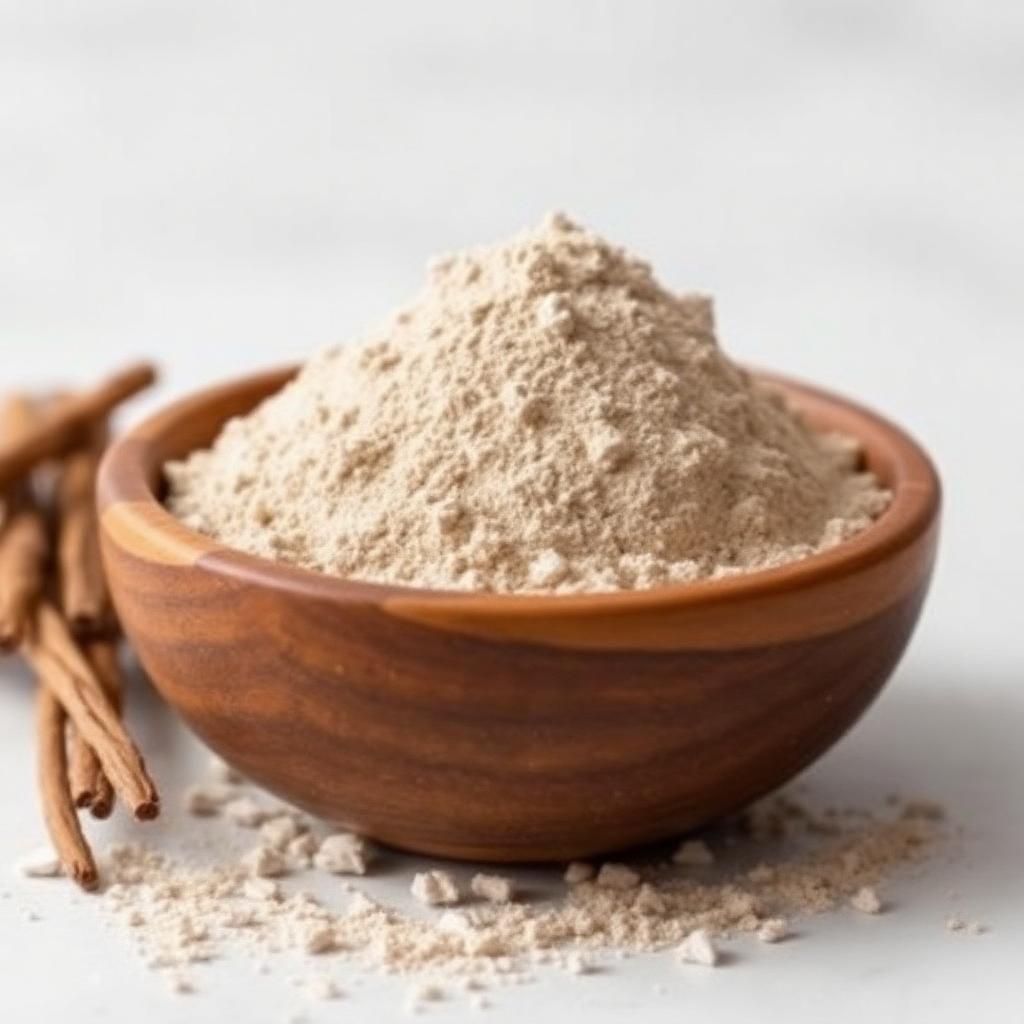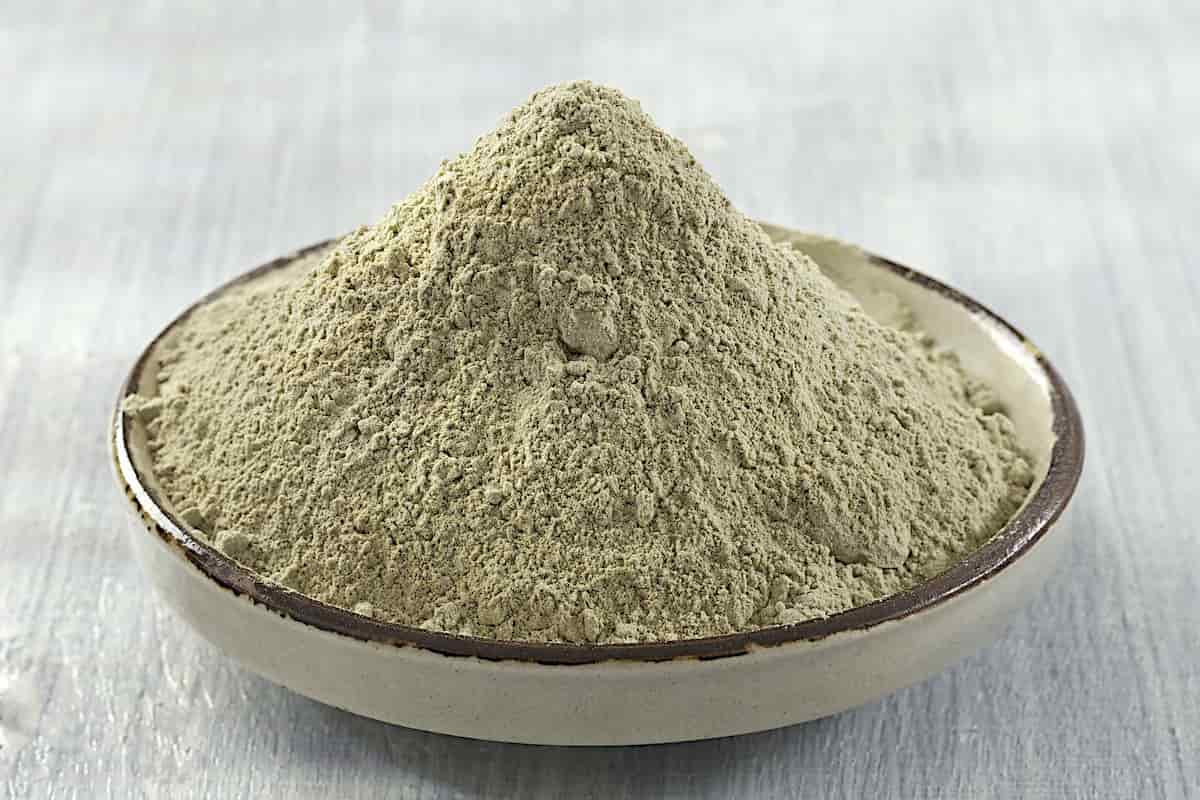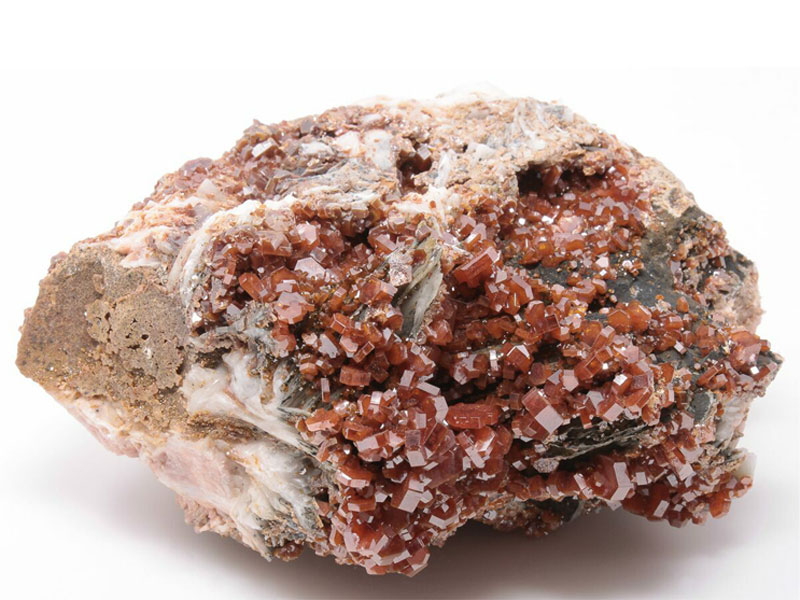Introduction
When it comes to the health and well-being of our furry companions, every pet owner wants to ensure they make the right choices. One question that often arises is, “Is kaolin safe for dogs?” Kaolin, a naturally occurring clay, has various uses in both human and veterinary medicine. In this article, we will delve into the world of kaolin and explore its safety, benefits, and potential risks when it comes to our canine friends.
What is Kaolin?
Kaolin, also known as China clay, is a fine, white, clay mineral that has been used for centuries in various applications. It is often found in the form of a soft powder and is derived from the mineral kaolinite. In the world of veterinary medicine, kaolin is known for its ability to address gastrointestinal issues in dogs.
The Use of Kaolin in Veterinary Medicine
One of the primary uses of kaolin in veterinary medicine is its role in treating diarrhea and gastrointestinal upset in dogs. Kaolin works by binding to toxins and irritants in the digestive tract, effectively slowing down bowel movements and providing relief.
Is Kaolin Safe for Dogs?
The safety of kaolin for dogs is a common concern among pet owners. However, when used in moderation and under the guidance of a veterinarian, kaolin is generally considered safe for dogs. It is important to note that kaolin should not be administered without professional advice.
Read More: Salt
Benefits of Kaolin for Dogs
- Diarrhea Management
- Gastrointestinal Soothing
- Natural and Non-Toxic
How to Administer Kaolin to Dogs
To ensure the safe and effective use of kaolin for your dog, it is crucial to follow proper dosing guidelines. Your veterinarian will provide you with specific instructions tailored to your dog’s needs.
Potential Risks and Side Effects
While kaolin is generally safe, there can be some side effects if administered improperly. These may include constipation or excessive dryness in the digestive tract. Again, it is essential to consult your vet before using kaolin.
Kaolin: Not a One-Size-Fits-All Solution
Every dog is unique, and their response to kaolin may vary. It is vital to remember that what works for one dog may not work for another. Consulting your veterinarian will help determine if kaolin is the right solution for your pet.
Read More: Wikipedia
Conclusion
In conclusion, kaolin can be a safe and effective tool for managing gastrointestinal issues in dogs when used appropriately and under the guidance of a veterinarian. It offers numerous benefits, including diarrhea management and gastrointestinal soothing. However, it is not a one-size-fits-all solution, and its usage should always be monitored by a healthcare professional.

